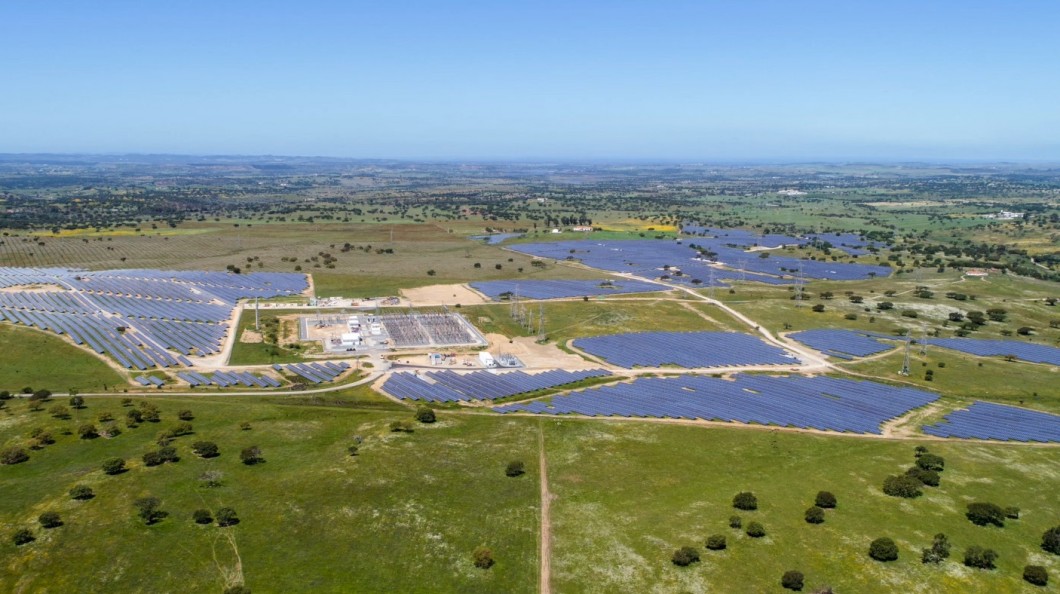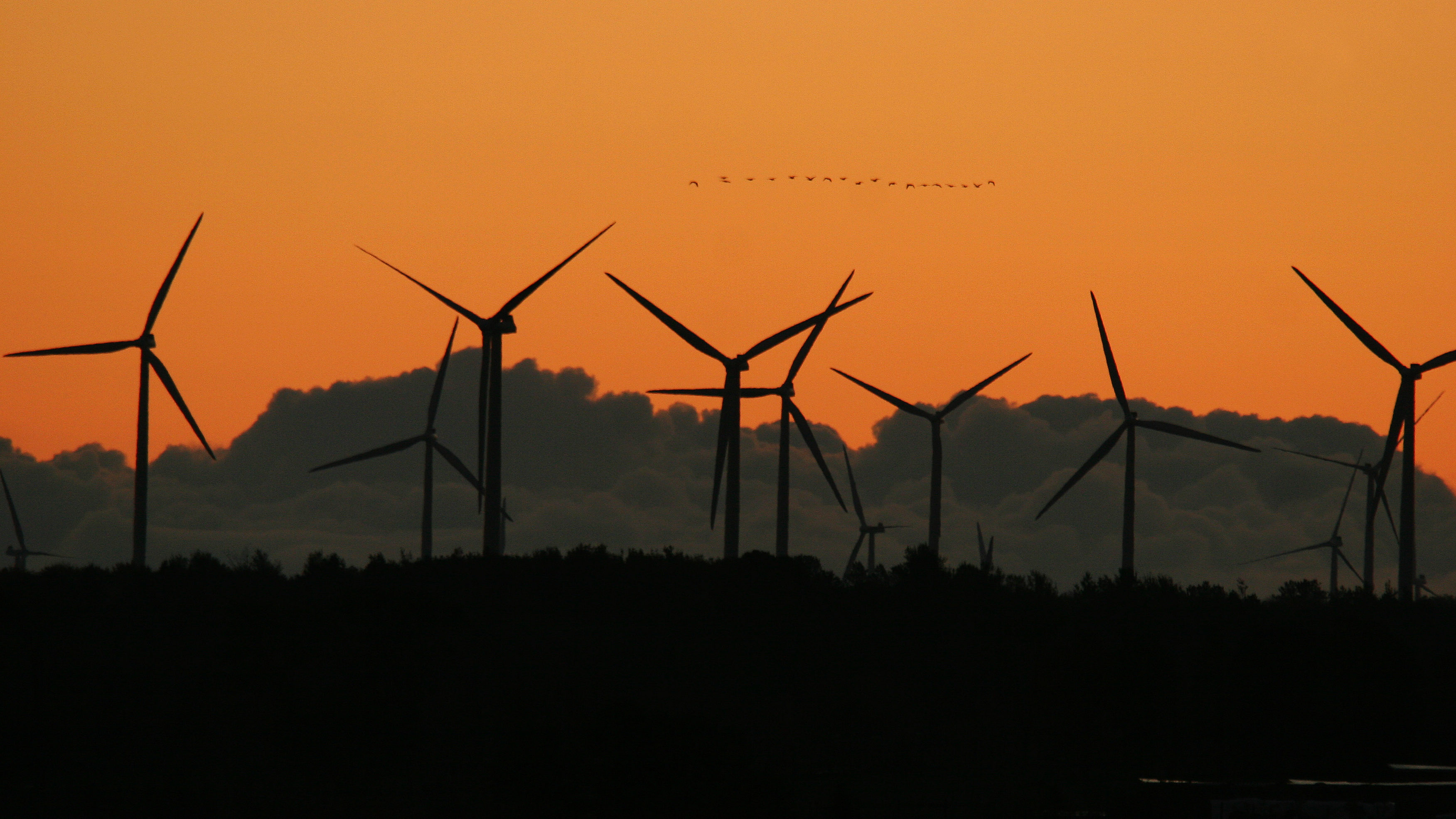UK, Portuguese researchers design more efficient solar cell
Scientists from the NOVA University of Lisbon and the British University of York propose a new design of solar panel cells.
Scientists from the NOVA University of Lisbon and the British University of York propose a new design of solar panel cells, with chequered patterns, which they believe more than doubles the ability to harness sunlight.
Joint research by the Materials Research Centre and the Physics Department of York has concluded that this new configuration may allow thinner, lighter, more flexible and versatile solar cells capable of powering more homes and other things from boats to tents.
The chequered design increases the probability of light being absorbed, thus creating more electricity, NOVA University said in a statement released on Thursday.
Researchers said that these types of cells can be used in lightweight materials and that they will be easier, cheaper and can be produced more sustainably since the solar-grade silicon used to create the cells requires high energy-consumption manufacturing processes.
“As silicon refining is such an energy-intensive process, ten times thinner silicon cells would not only reduce the need for refineries but would also cost much less, thus enhancing our transition to a green economy,” said the York University researcher Christian Schuster.
“We found a simple trick to strengthen the absorption of thin solar cells,” he added, noting that a 125% increase in absorption is achieved, which takes place more inside than on the surface of the cells.
In addition to being used in solar cells, because it is lighter, the method can be applied to acoustic barriers, windbreak panels, non-slip surfaces, biosensors and cooling.


